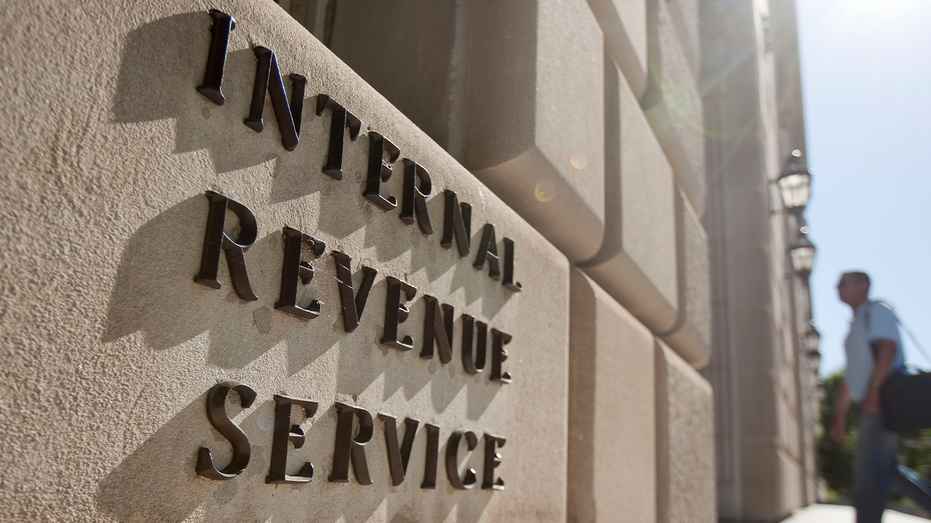The IRS is warning Americans to hurry up and collect $1 billion left on the table in 2020 – or risk missing out on the cash.
The tax collection agency announced that nearly 940,000 people nationwide face a May 17 deadline to submit their tax returns for unclaimed refunds for the 2020 tax year. Collectively, the refunds are worth more than $1 billion.
"There’s money remaining on the table for hundreds of thousands of people who haven’t filed 2020 tax returns," said IRS Commissioner Danny Werfel. "We want taxpayers to claim these refunds, but time is running out for people who may have overlooked or forgotten about these refunds."

The tax collection agency announced that nearly 940,000 people nationwide face a May 17 deadline to submit their tax returns for unclaimed refunds for the 2020 tax year. (Andrew Harrer/Bloomberg via Getty Images / Getty Images)
The median refund for 2020 is $932.
Texas, California, Florida and New York have the largest number of taxpayers eligible for the money.
Many low- and moderate-income workers are also eligible to claim the Earned Income Tax Credit, which is worth as much as $6,660 for taxpayers with qualifying children.
Under current law, taxpayers typically have three years to file and claim their tax refunds. If they do not file a return within that period of time, the money legally becomes the property of the Treasury Department.
However, people have a little more time than usual to file their refunds for 2020 due to the COVID-19 pandemic.
Under current law, taxpayers typically have three years to file and claim their tax refunds. (iStock / iStock)
"Some people may not realize they may be owed a refund," Werfel said. "We encourage people to review their files and start gathering records now, so they don’t run the risk of missing the May deadline."
Taxpayers typically receive a refund if they had too much money withheld and overpaid their taxes the previous year. For many families, the money can be substantial.
A bigger refund can be a relief to millions of Americans who depend on the influx of money from Uncle Sam to make major purchases, save for retirement or pay off debt. On top of that, many taxpayers are still struggling with high inflation, which has sent the cost of staples like food and rent soaring higher.

